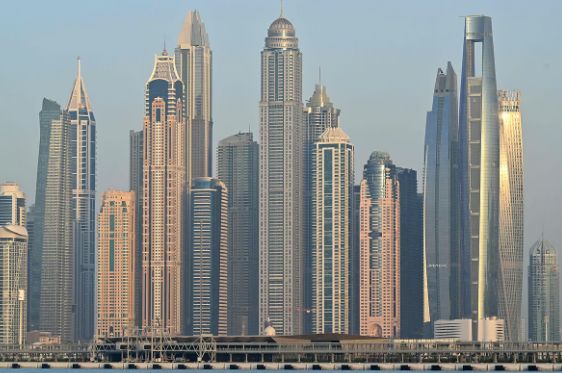Britain’s leading retailers, including fashion chain Next and supermarket giants Tesco, Sainsbury’s, and Lidl, reported strong performances over the Christmas period. However, the outlook for 2025 remains cautious as businesses brace for higher taxes and restrained consumer spending under the new Labour government.
The British Retail Consortium (BRC) noted that retail sales growth in the fourth quarter of 2024 was minimal, effectively a decline in volume when accounting for inflation. With a hike in employer taxes set for April to fund infrastructure and public services, retailers warn of higher prices and reduced investment in jobs
and store expansions.
Retail Winners
Next, the first major UK-listed retailer to release Christmas trading data, posted a better-than-expected 6% increase in full-price sales for the nine weeks leading to December 28. The company raised its profit forecast for the fourth time in six months, citing strong international demand as a key driver.
Despite this, Next CEO Simon Wolfson warned that UK sales growth could slow in 2025/26, with prices expected to rise 1% on like-for-like goods due to higher taxes. “Employment and prices are two key concerns for the UK economy,” Wolfson told Reuters.
Grocery retailers also performed well during the “golden quarter.” Kantar market research data showed Tesco, Sainsbury’s, and Lidl GB achieved sales growth of 5%, 3.5%, and 6.6%, respectively, in the 12 weeks leading to December 29.
However, these results contrasted with overall retail sector data from the BRC, which recorded a modest 0.4% annual growth in fourth-quarter spending.
Challenges Ahead
The BRC forecast a 1.2% growth in sales for 2025, falling short of its projected shop price inflation rate of 1.8%. This disparity indicates that sales volumes are likely to decline, further straining retailers.
Helen Dickinson, BRC’s Chief Executive, warned that rising costs—including increased National Insurance contributions, a higher national minimum wage, and new packaging levies—would push retailers to raise prices or cut investment, potentially harming high streets and communities.
Linda Ellett, UK head of consumer and retail at KPMG, highlighted that household budgets remained under pressure. “Minimal sales growth reflects the ongoing careful management of household finances,” she said.
Consumer Spending Trends
Debit and credit card data from Barclays revealed flat consumer spending in December compared to the previous year. While spending on essentials dropped by 3%, driven in part by lower petrol prices, non-essential spending saw slight gains.
Notably, cinema spending surged 52%, supported by films like Wicked, a spin-off of The Wizard of Oz. However, spending at restaurants and pubs grew only modestly.
Industry Outlook
Retailers are set to provide further insights into the sector’s performance and prospects, with trading updates expected this week from Marks & Spencer, Tesco, Greggs, and others.
The mixed results come against a backdrop of sluggish economic growth, with December’s business activity slowing to near-stagnation and staffing cuts occurring at the fastest rate in nearly four years. As the sector navigates these challenges, the focus remains on balancing cost pressures with maintaining consumer engagement.


